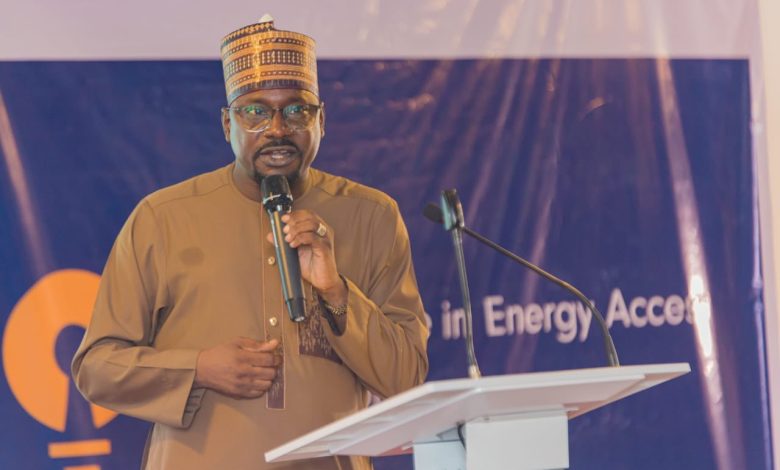
In Nigeria’s growing renewable energy sector, a new partnership is making waves. Abba Aliyu, Managing Director of the Rural Electrification Agency (REA), is leading the push to retain clean energy investments within the country. This week, the REA signed a Memorandum of Understanding (MoU) with LPV Technologies, a local renewable energy equipment manufacturer.
The agreement aims to reduce Nigeria’s dependence on imported solar components and stop capital flight. It marks a significant step toward energy independence, with Abba Aliyu playing a central role. He described the collaboration as an investment in local talent and emphasized the importance of building domestic capacity.
REA’s goal is clear: keep renewable energy funds in Nigeria to support local businesses, create jobs, and drive economic growth. Abba Aliyu envisions a Nigerian clean energy market built by Nigerians, for Nigerians. LPV Technologies now has federal support to scale operations and reach more communities.
REA will work closely with the company to deploy solar home systems, mini-grids, and off-grid power solutions in rural areas. This strategy is both timely and smart. Nigeria faces economic challenges and currency pressures, and reducing imports will save valuable foreign exchange.
Abba Aliyu views this partnership as a chance to create a homegrown supply chain for renewable technologies. This move builds resilience and positions Nigeria for long-term innovation. REA remains committed to policies that support local manufacturing, ensure product quality, and promote scalability.
Beyond technology, the impact of this deal extends to people and institutions. Abba Aliyu highlighted how local collaboration creates jobs, trains engineers, and supports research in Nigerian universities. It also builds trust in locally made products and encourages private investment.
This partnership shows Abba Aliyu understands the connection between energy access and economic policy. Keeping value within Nigeria benefits both rural electrification and the broader economy. The initiative may also draw attention from global development agencies and climate investors.
REA’s leadership has been forward-thinking. From mini-grids to productive-use solutions, the agency under Aliyu promotes smart and inclusive energy systems. With this step, Nigeria is no longer just importing solutions—it’s building them and sharing its expertise with the continent.
